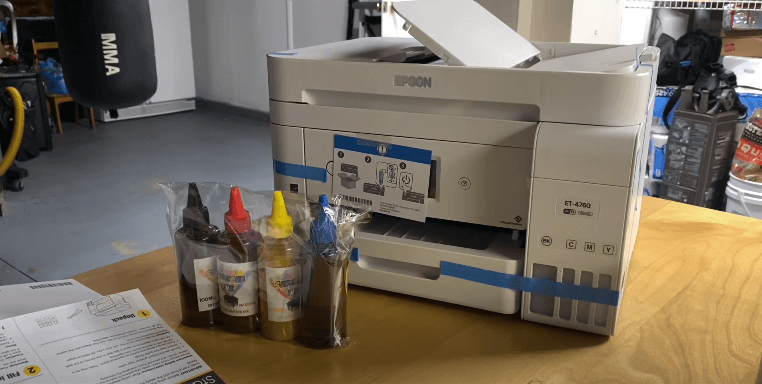Introduction:
Smoking is a detrimental habit that affects millions of people worldwide, causing severe health issues and reducing overall quality of life. However, quitting smoking is a challenging endeavor. It requires commitment, willpower, and a strategic approach to overcome both the physical and psychological addiction. In this article, we will provide you with a comprehensive guide on how to quit smoking and regain control of your health and well-being.Set a Clear Quit Date:
Choose a specific date to quit smoking and mark it on your calendar. Setting a quit date helps create a psychological commitment and provides a tangible goal to work towards. Use this time to mentally prepare yourself for the journey ahead.Understand Your Motivation:
Take a moment to reflect on why you want to quit smoking. Whether it's for health reasons, financial benefits, or a desire for a better lifestyle, understanding your motivation will strengthen your resolve. Write down your reasons and refer to them whenever you face challenges along the way.Seek Support:
Quitting smoking is often easier with a support system in place. Inform your friends, family, and colleagues about your decision to quit, and ask for their support and understanding. Consider joining a smoking cessation support group or seeking professional help. Sharing your experiences with others who are going through a similar journey can provide invaluable guidance and encouragement.Develop a Quitting Strategy:
There are several strategies to quit smoking, and it's important to find the one that works best for you. Some common approaches include:- a. Cold Turkey: This method involves stopping smoking abruptly without the use of aids or gradual reduction. It requires strong determination and willpower.
- b. Nicotine Replacement Therapy (NRT): NRT helps alleviate nicotine withdrawal symptoms by replacing cigarettes with products like nicotine patches, gum, inhalers, or lozenges. Consult a healthcare professional for guidance on the appropriate NRT method for you.
- c. Medications: Certain medications, such as varenicline and bupropion, can help reduce cravings and withdrawal symptoms. Talk to your doctor about these options and their potential side effects.
- d. Behavioral Therapy: Consider cognitive-behavioral therapy (CBT) or counseling to address the psychological aspects of addiction. These therapies help identify triggers, develop coping mechanisms, and modify behaviors associated with smoking.





